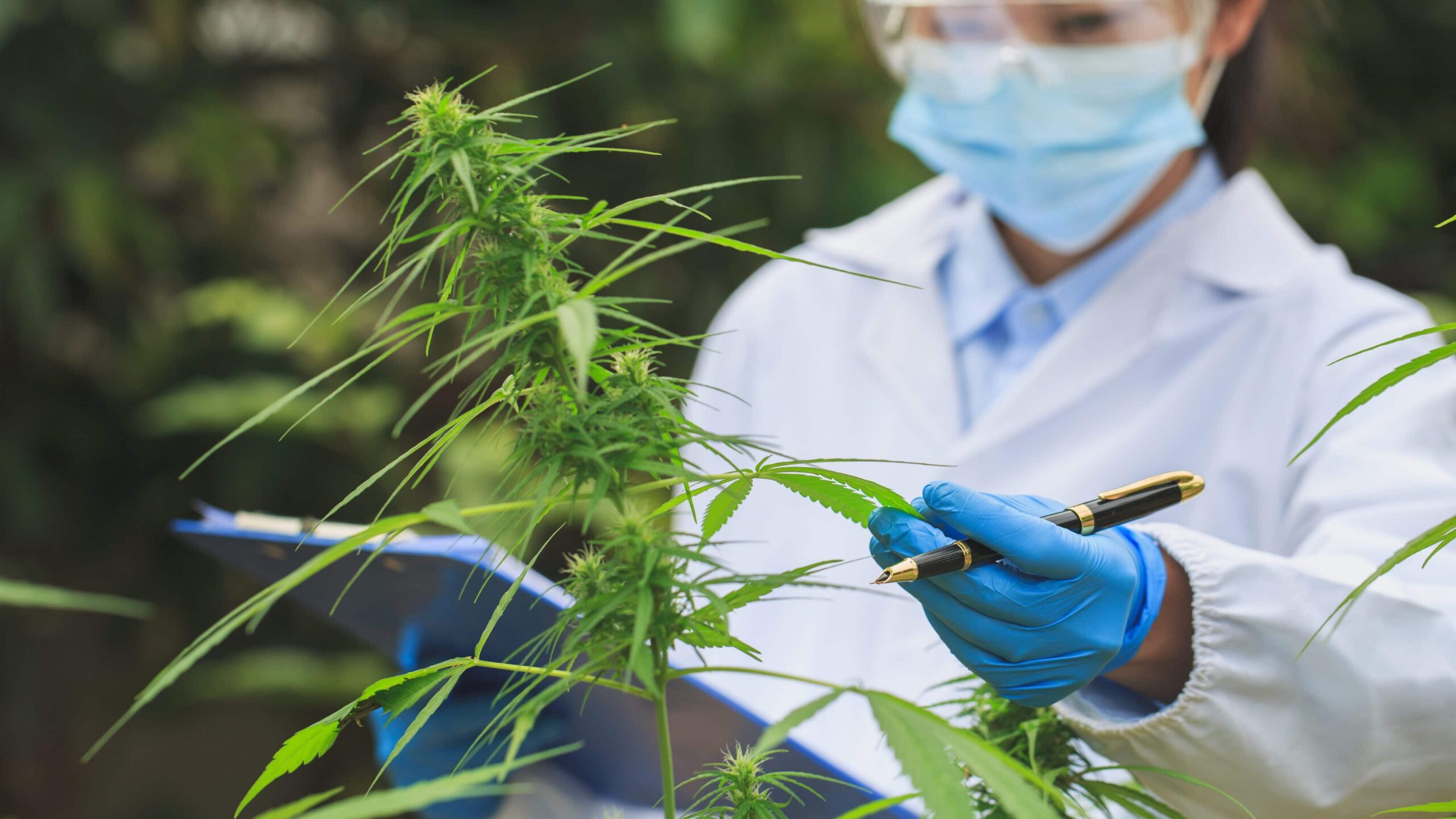
Oregon relies on lab-made cannabinoids
Regulators in Oregon will enact a ban on cannabinoids made through laboratory processes, making the state the first in the US to restrict the sale of so-called synthesized cannabinoids at grocery stores and other general retailers. The state cannabis regulators’ ban, which goes into effect July 1, prohibits the sale of lab-produced cannabinoids, including delta-8-THC, in supermarkets, drugstores, and other retailers that have not obtained a special license. The new rules come into effect just weeks after a federal appeals court ruled that delta-8-THC and other hemp-derived cannabinoids are legal under federal law.
Delta-8-THC and smaller hemp-derived cannabinoids have become a big business nationwide since the 2018 Farm Bill federally legalized hemp cultivation and processing. Although these cannabinoids are generally found in very low concentrations, if any, in hemp, many of the substances can be made in a lab by chemically converting CBD. But the Oregon Liquor and Cannabis Commission (OLCC) is concerned about the safety of the process and the chemicals used to perform it, and more than a dozen states have enacted bans on delta-8 THC.
Steven Crowley, the OLCC’s hemp and processing compliance specialist, told Oregon Live that delta-8-THC and other cannabinoids became increasingly popular among hemp processors after a glut of CBD swept the market.
“The supply of CBD has outstripped the demand for CBD,” Crowley said. “And so, with CBD on hand, people started looking for other ways to market it. People started working on different products that they could turn the CBD into. This is where you get the Delta 8 THC products.”
FDA issues Delta-8 THC warning
Last month, the Food and Drug Administration and the Centers for Disease Control and Prevention issued a warning about delta-8-THC, noting that over a 15-month period there were more than 100 reports of side effects from products containing the cannabinoid , have been registered. And the OLCC is concerned about the safety of the chemicals used to process CBD into other cannabinoids and whether traces of the substances can be retained in finished products.
“We have tests for pesticides,” Crowley said. “We have tests for residual solvents from the extraction process. We don’t have tests for the entire universe of chemical reagents that could be used to synthetically convert one cannabinoid into something else, or for any of the by-products of that reaction.”
The new OLCC regulations will ban the sale of products containing synthesized cannabinoids at general retailers, effective July 1. At this time, such products will only be allowed to be sold through retailers licensed by the OLCC, but only after they have undergone rigorous safety testing and received FDA approval.
The OLCC’s decision is opposed by companies that produce and market hemp-derived cannabinoids, including Wyld, an Oregon company that makes gummies containing the cannabinoid CBN, which can be processed from CBD and has been shown to promote sleep. Gabe Lee, general counsel at Wyld and Wyld CBD, said the new regulation will benefit the company’s bottom line and also negatively impact consumers.
“Wyld elder CBN gum is the best selling gum on earth right now,” Lee said. “Depending on the state, it’s 20 to 30% of our revenue. People love it.”
Rather than an outright ban, Lee said Oregon should draft best practices to follow in the production of hemp-derived cannabinoids.
“There are ways to regulate this and there are definitely ways we can ensure that the final product sold undergoes adequate safety testing and safety standards to ensure the safety of the product as much as possible without major federal research grants or something.” said Lee.
The lawyer also noted that with the ban, consumers who have already used the products without any problems will see higher prices from licensed retailers.
“You might not want to buy from an OLCC retailer or pay the prices that are up there,” Lee said, “because they definitely charge a higher price in the regulated OLCC market than they do New Seasons,” referring to a chain of neighborhood grocery stores popular in the Pacific Northwest.
Court of Appeals ruling Delta-8 THC is legal
The new rules come into effect just weeks after a federal appeals court ruled that delta-8-THC and other hemp-derived cannabinoids are legal under the 2018 Farm Bill. In an advisory opinion from the 9th Circuit Court of Appeals released last month, Judge D. Michael Fisher wrote that products made with delta-8-THC are generally legal under federal law, which defines hemp as “any part” of the cannabis plant, including “all derivatives.” , excerpts, [and] Cannabinoids” that contains less than 0.3% by weight of delta-9-THC.
Federal law “is silent on delta-8-THC,” the court said in its 3-0 ruling.
“Regardless of the prudence of legalizing delta-8 THC products, this court will not substitute its own political judgment for the judgment of Congress,” Fisher wrote in the appeals court’s unanimous decision.

Post a comment: